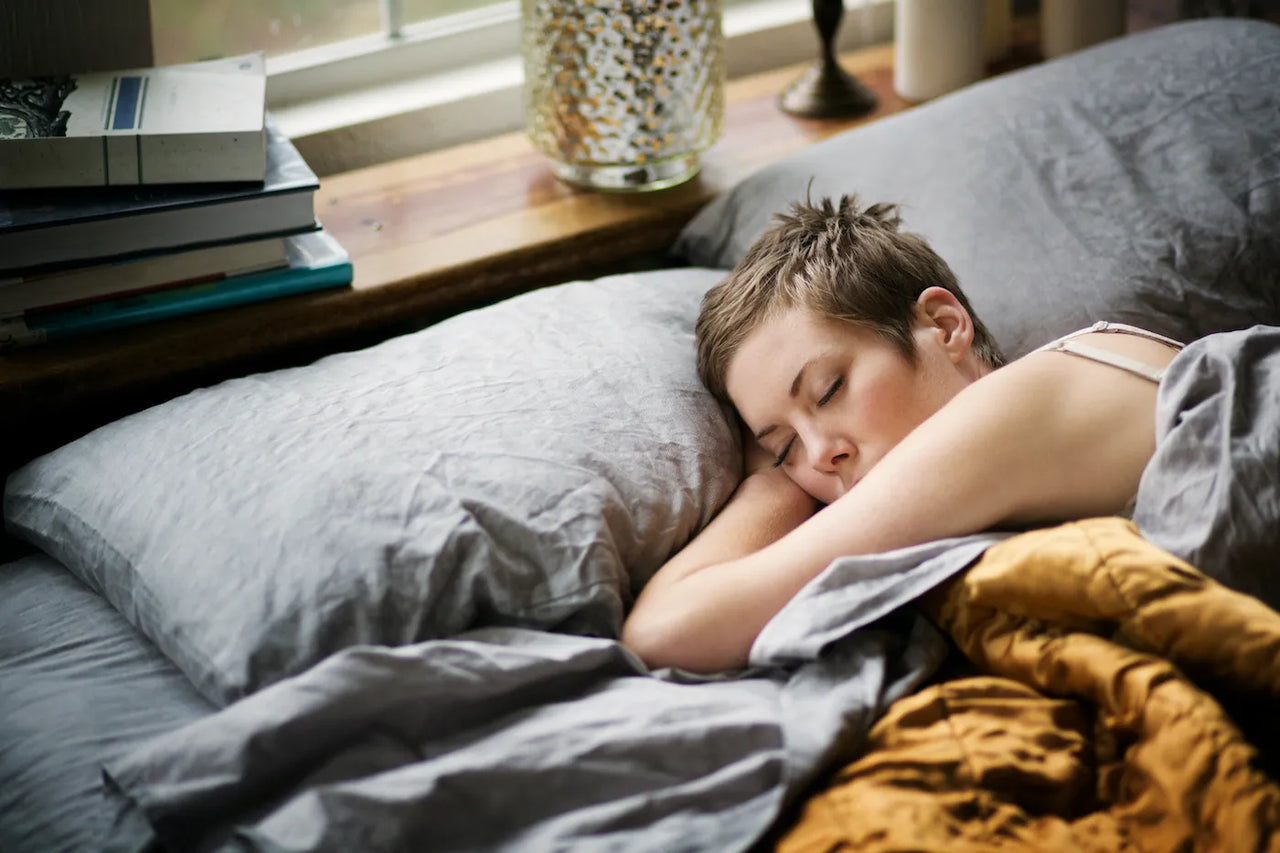This Is How to Adjust Your Sleep Schedule During New Seasons

Did you know that on average people sleep less than 7 hours every night? Sleeping less than 7 hours can be stressful for your body and it can even make you less productive in your daily life. Sleep schedule problems are especially prominent when the seasons change.
Whether the days start getting longer or shorter, your sleep environment can start to be difficult to tackle if you don't keep up with the changes in daylight. Fortunately, how to get a good night's sleep isn't as difficult as you might expect. Keep reading more and learn what you can do to adapt your sleeping pattern to the change of seasons.
Why Your Nighttime Routine Changes with the Seasons
You might have the perfect nighttime routine and you might be able to fall asleep fast, stay asleep throughout the night, and wake up at the right time the next morning. But as soon as the seasons change and the natural sunlight outside isn't the same as it used to be, your routine might be completely thrown off. The next thing you know, it's difficult to fall asleep, you can't stay asleep, and you end up waking up at the wrong time in the morning.
This is because as the seasons change, your sleep environment also changes. For example, during spring, allergies play a big part in sleep problems. With all the pollen in the air and blossoming flowers, everyone's allergies will start to act up even if your allergies aren't severe. As a result, you might have more headaches, get stuffy noses more often, and more coughing and sneezing.
As you can imagine, it can be very difficult to get a good night's sleep if you've coughing and sneezing throughout the night. In the summer, you'll instead have the problem of too much sunlight. Sunlight can persist well into the evening, sometimes even until 8 in the evening.
This can disrupt your body's natural sleep schedule. If you are exposed to light, even if it's late, your brain won't feel tired because it will think that it is still daytime. In the winter when the days are short and dark, you will have the opposite problem.
Because it gets so dark so early in the day, you might start to feel tired far before your bedtime. This, of course, is not ideal if you have to work later in the day or have to get up at a certain time the next morning. So, what do you do?
The right pillow can make or break your sleep. Try one of our famous Easy Breathers today!
Reset Your Sleep Schedule
In order to get yourself back on track, you are going to have to reset your sleep schedule. While this might be difficult at first, you will find that once you master the technique, it will be easy to reset your sleep schedule again in the future if need be. One of the first things you will need to do is set a specific time that you want to go to bed and wake up.
Keep in mind you shouldn't do this all at once. For example, if you have to shift your sleep schedule over by several hours, you should try to do this gradually. Otherwise, you might even have a harder time fixing your sleep patterns.
Instead, you will want to start gradually by changing your sleep schedule by 10 minutes at a time. Eventually, you will start to approach your sleep goals. To help you accomplish this, there are a few tips you can follow to help you get tired when it's time to go to bed.
For example, exposure to artificial light such as your computer screen or phone screen can play a big role in insomnia. That's because your brain will think that artificial light is real light. As a result, your brain will want to stay awake because it thinks it is still daytime.
So, to fall asleep easier, try putting away your electronics about 30 minutes to an hour before going to bed. If you nap throughout the day, you should also be careful with these naps. Napping for a few minutes won't do any harm, but if your naps are very long, it might be harder for you to fall asleep and stay asleep at night.
For that reason, try to keep your naps on the shorter side.
More Tips for Fixing Your Sleep Schedule
One of the best things you can do to fix your sleep schedule is to set a bedtime routine. Since humans are creatures of habit, we like to make routines for ourselves so we know what to expect later on in the day. A bedtime routine is designed to help you relax an hour or so before you go to bed.
That way, once it's time to go to bed, you will be tired and you won't have any trouble going to sleep. Your bedtime routine might include fluffing your pillows, drinking some tea, filing your nails, and so on.
Your bedtime routine can be as long or short as you want, but you should give yourself enough time to relax and forget the stresses of the day.
Having a comfortable bed is also important. If your mattress is old and uncomfortable, it might be time to buy a new one.
Remember that when buying a mattress, fluffier isn't always better. Instead, choose one that will best support your body and your sleep position.
How to Fix Your Sleep Schedule
Fixing your sleep schedule as the seasons change doesn't have to be as difficult as you might expect. As long as you slowly change your schedule with the seasons and follow the tips above, you shouldn't have any trouble fixing your sleep pattern.
To learn more, contact us here.




